7 Reasons Why Sailboat Owners Switch to Electric Boats
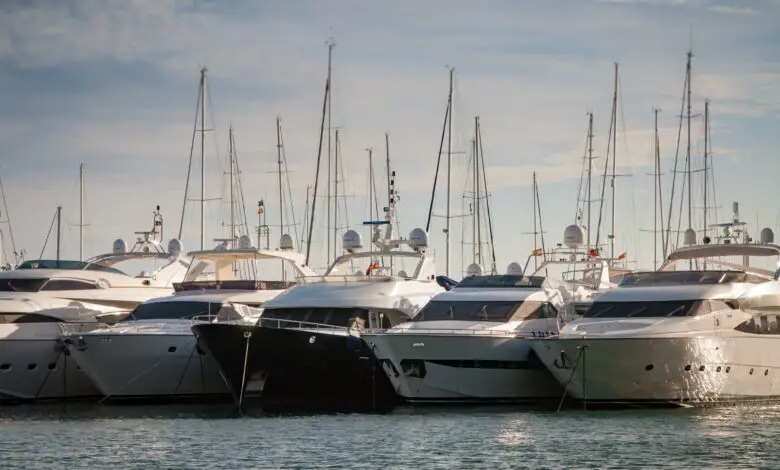
With technological innovations in electric vehicles, such as in cars and other land-based transportation, there is no doubt that electric sailing boats are catching up—and they are doing that at an exponentially rapid rate. Several boat owners see the potential in electronic sailing boats, particularly those fitted with 100kW electric inboard motors. For more information, you can visit epropulsion.com.
But even though the number of electric motor boats is rising, their population is still nowhere near that of combustion engine sailboats. Nevertheless, electric-powered boats are gaining popularity for several reasons, and these reasons are as follows:
1. Electric sailing boats have silent motors
Unlike sailing boats with diesel or gas engines, electric boats are known for having silent engines. Low- to zero-noise emissions electric boats are deemed safe for marine wildlife since loud sounds tend to disturb and drive them away.
While you can fish using a boat with a fuel-powered engine, the experience of fishing while on an electric boat is nothing short of exhilarating. The silent engine allows you to get near the fish without having any of them swimming away and catch as many as you can. For this reason, electric boats make an excellent vehicle if you are out to fish.
2. Electric boats are environmentally-friendly
Unlike gas engines, electric motors do not combust gases to propel the boat forward. Instead, electric inboard boat motors use renewable energy sources, and they do not emit fumes and other pollutants. These factors make electric sailing boats an excellent alternative, especially if you want to reduce your carbon footprint while sailing.
3. Electric engines are easy to maintain
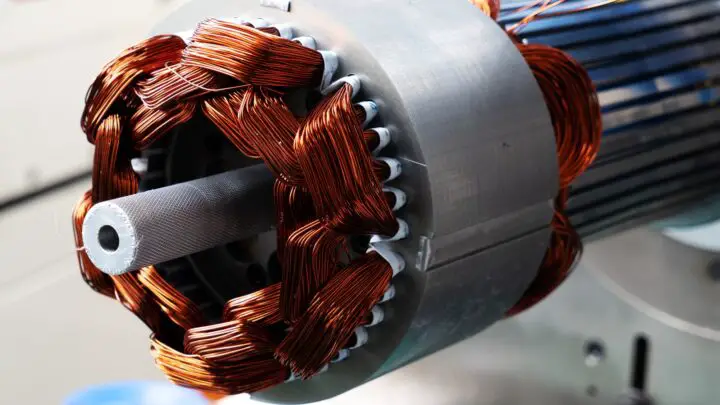
Conventional boat engines typically require lots of maintenance because you have to put lots of fluid in them, such as gas or diesel and engine oil for lubrication. On the other hand, electric motors require less or no maintenance because they have fewer moving parts, including engine components like air and oil filters, lubricants, and spark plugs, to name a few.
For this reason, you are less likely to encounter mechanical problems with electric boats than with fuel engines, which means less to zero money spent on service repairs and maintenance. In other words, You rarely have to do anything to keep the components in good condition.
4. Electric motors are becoming cost-effective
Even though combustion engine sailboats still reign supreme, electric boats are steadily gaining popularity among mainstream sailing patrons because of the shifting market demands for such marine vehicles. The cost of manufacturing electric motors is starting to decrease, opening the possibility of cheaper electric boats in the future.
One such example is the technological innovations in battery performance, which have increased dramatically in the past years, and led to low-cost batteries that could rival combustion engines in terms of power and speed.
The same applies to electric propulsion products and their components, which are perceived to get cheaper the more governments push for environmentally friendly alternatives for marine travel, both at leisure and industrial levels.
5. Electric boats run on sustainable energy
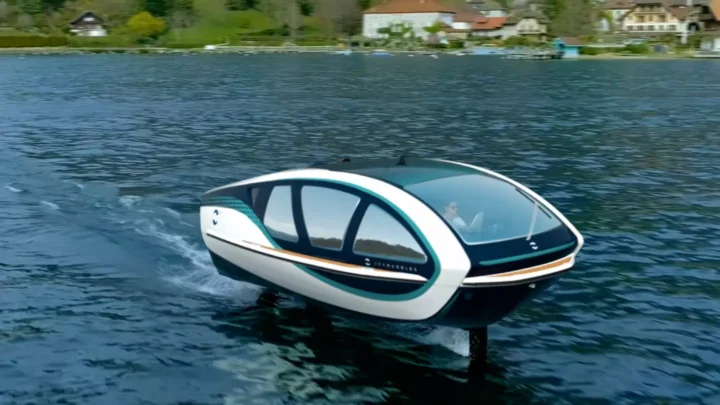
Electric boats are the perfect solution if you are keen on reducing greenhouse gas emissions. Whether you have a 9 HP outboard electric motor or a 100kW electric inboard boat motor, both devices run on sustainable energy, which means they have zero emissions and are environmentally friendly.
Apart from that, western governments, including the US, are enacting laws to incentivise electric vehicles that run on clean, sustainable energy, which may open the door to higher demand for electric boats.
6. Sailboats with electric motors have better torque
One of the advantages of sailing electric boats is that these vessels have high torques even at low RPMs. Unlike fuel engines, which require time to heat up, electric boats give off instant power once you move the throttle. A sailboat with a 100kW electric motor can instantly go up to full torque from zero; it is a feature that most power boating enthusiasts appreciate.
7. Electric boats are ideal in community lakes
With the number of places where combustion motors are getting banned because they give off emissions, the demand for sailboats with eco-friendly features is becoming a staple among sailing patrons. As a result, electric boats are becoming an ideal replacement for boats with gas or diesel engines. Electric boats are slowly becoming heavily favoured in community lakes because they produce less noise.
Types of Electric Motors
There are two common types of electric motors for sailboats, and these are outboard and inboard motors. Though both motors run using the same power source, they are different in terms of design and features. The main characteristics of both motors are as follows:
Main Characteristics of Outboard Electric Motors
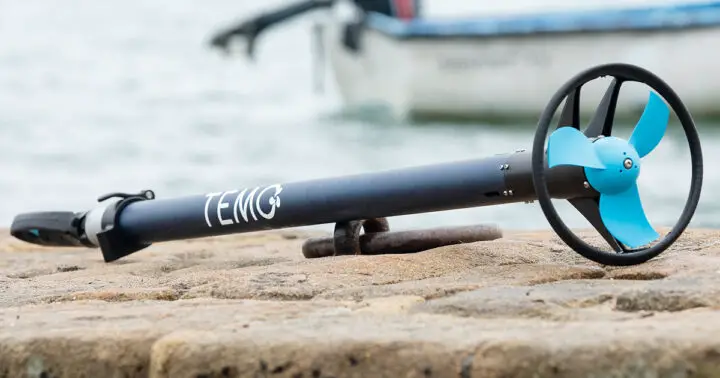
Outboard electric motors are typically mounted near the stern of the boat. This is known as the engine mirror. Lightweight electric motors are easy to install, even for models with 11-kW capacity.
Once the outboard electric motor is screwed in place on the stern, the sailboat owner can operate it with the use of either a remote-controlled throttle or tiller system. The motor’s components—the controls, driveshaft, and propeller—are placed inside the housing.
Main Characteristics of Inboard Electric Motors
The electric inboard motor is mounted permanently inside the boat’s hull, with the propeller’s shaft connected to it. Unlike an electric outboard motor, an inboard motor requires a professional inboard motor installer, as the boat itself has to be lifted off the water during mounting.
However, some products come with a DIY conversion kit, which can be convenient for the sailboat owner. The electric motor is operated using a remote throttle, while a rudder controls the boat.
Conclusion
Many sailboat owners are turning to electric boats because these vessels are more environmentally friendly than their combustion-engine counterparts. Having cleaner and low- to zero-noise emissions make electric boats ideal for various applications, especially if you are out to fish or residing near or within a community lake.
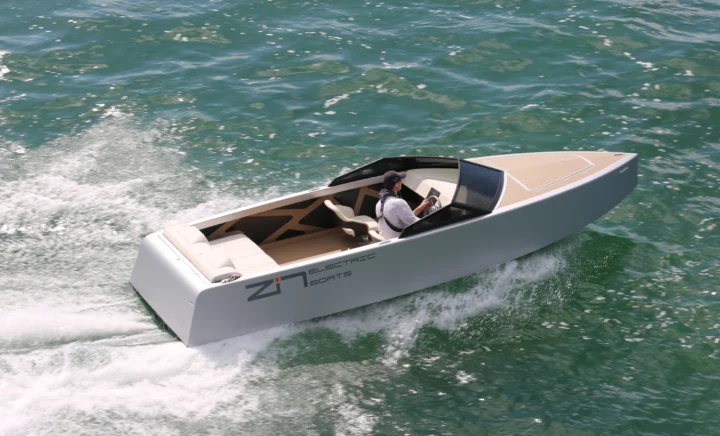
Moreover, electric boats are becoming cheaper as batteries and components become cost-efficient over time. These facts mean electric boats are becoming popular out of necessity since the need for eco-friendly alternatives is becoming a must-have in the coming years.

